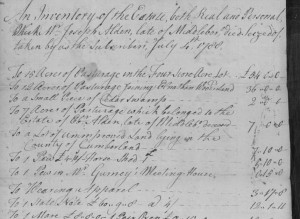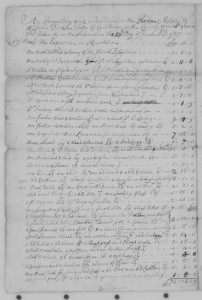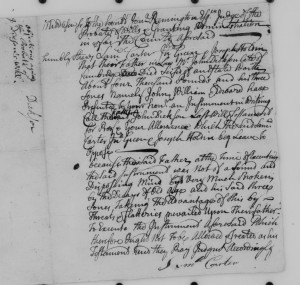 Waiting for the cold spring to turn warm, I was thinking ahead to my mother’s birthday, on May 10, which I always remember as a wonderful spring day with the lilacs in full bloom. That got me to thinking about how old my mother would have been – I thought at first it would be her 110th birthday, but it is only the 109th.
Waiting for the cold spring to turn warm, I was thinking ahead to my mother’s birthday, on May 10, which I always remember as a wonderful spring day with the lilacs in full bloom. That got me to thinking about how old my mother would have been – I thought at first it would be her 110th birthday, but it is only the 109th.
That got me thinking about generational spacing. As a rule, we use 25 years as the average when estimating the number of generations over a span of time, but, of course, human beings are never average. Continue reading Generational spread




